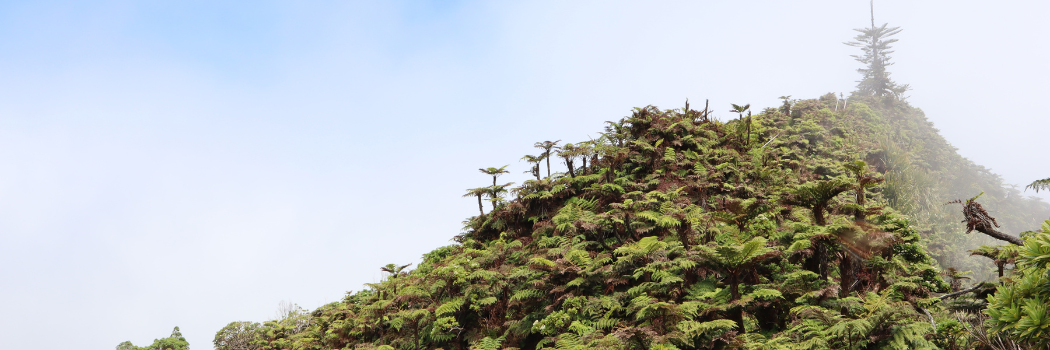
A leading scientist from our Department of Biosciences has collaborated with researchers from UK Centre for Ecology & Hydrology to predict which invasive species could pose a future threat to the UK's ecologically unique Overseas Territories.
Invasive non-native species
The researchers, working in partnership with communities on the Overseas Territories, assessed thousands of potential invasive non-native species, to predict which are most likely to arrive and impact on the environment within the next 10 years.
The study also examines how the species are most likely to arrive, with shipping containers identified as a key route for many animal species.
One of the invasive non-native species that could pose a threat to many of the UK Overseas Territories is the green mussel (Perna viridis).
It can 'hitchhike' around the world on ships and boats and form dense colonies in places where it establishes outcompeting other species.
Other invasive non-native species that present a major threat to many UK Overseas Territories include the little fire ant (Wasmannia auropunctata), the brown rat (Rattus norvegicus), and the mesquite tree (Prosopis juliflora).
Protecting unique invertebrates
The 14 Territories – many of them small, remote islands such as St Helena and Pitcairn – are home to species found nowhere else in the world.
This makes them extremely vulnerable to biological invasions – in the oceans or on land – which could lead to the extinction of these endemic species or irrevocably change their unique ecosystems.
The researchers hope that this study draws attention to these Overseas Territories and inspires authorities to protect their incredible wildlife and habitats.
Photo: Restored cloud forest on the peaks of St Helena- a remote island, which is home to many endemic plants and animals, but which is also under threat from invasion by non-native species. (Credit: Dr Wayne Dawson)






